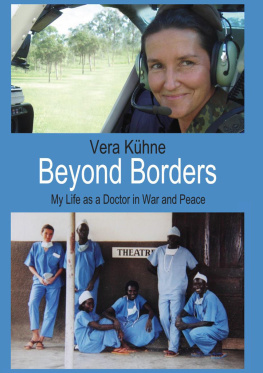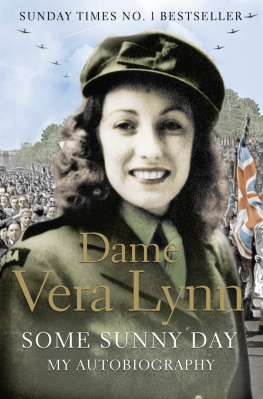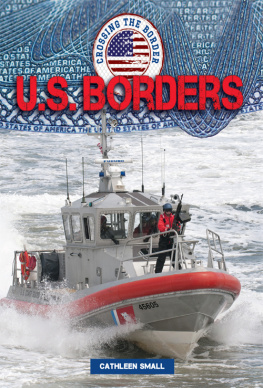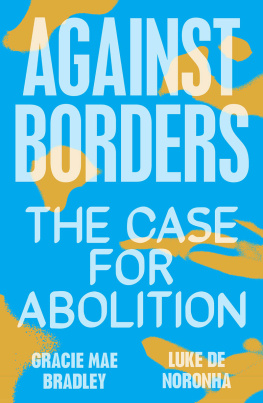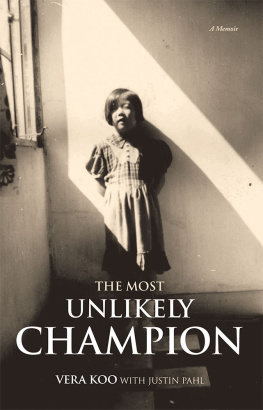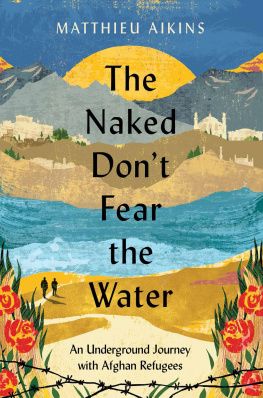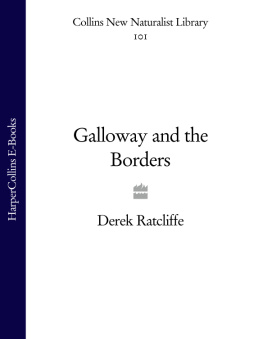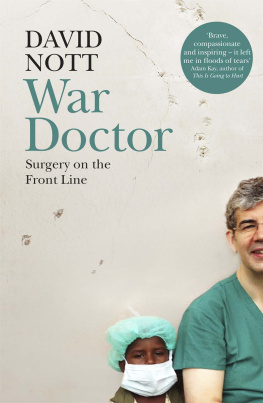Bibliografische Information der Deutschen Nationalbibliothek:
Die Deutsche Nationalbibliothek verzeichnet diese Publikation in der Deutschen Nationalbibliografie; detaillierte bibliografische Daten sind im Internet unter www.dnb.de abrufbar.
2017 Vera Khne
Herstellung und Verlag:
BoD Books on Demand GmbH, Norderstedt
ISBN 9783746085548
For Malith and the Dinka of Rumbek
The main thing is that we are awake now.
Hopefully we remain so for a long time to come.
Alice in Stanley Kubrick's 'Eyes wide shut'
after Arthur Schnitzler, Dream Story
TABLE OF CONTENT
WAKE-UP CALL
I saw him in the middle of the crowd: He was a head taller than everybody else and he was smiling, his big white teeth shining in his deep black face. I noticed the typical gap between the upper incisors and scarred embellishments on his forehead.
He was a Dinka, without any doubt.
And there he stood, in the middle of a flea market in a parking lot in Nuremberg, Germany, in 2012. He was wearing jeans and runners and a sports jacket over a chequered shirt. His clothes were European but the way he moved and laughed all over his face was completely different.
All of a sudden, my mind was back in Rumbek in South Sudan. I saw the men dance in a meeting place, watched how they moved their slim bodies powerfully and yet gracefully in the rhythm. And I saw Bol, our security guard, standing in front of his tukul at lunch time and trying to tell me a Dinka joke. He laughed loudly and threw his head back so that I had to laugh too, although I didnt understand a word.
I walked towards the unknown young man on the parking lot. How on earth did he get to Nuremberg? Seeing him reminded me of a promise which I had not kept. At the time in South Sudan I had promised the Dinka to write their story, to make it known to everyone. I was to bear witness so the world would not forget them.
This was years ago and in the meantime, I had experienced so much more. However, this first long assignment was decisive for me. I was only 30 years old and rather inexperienced as a doctor when I applied for a job with Malteser Foreign Aid Department.
I wanted to see the world, wanted to find out how far I could get and how far I could go. I wanted to experience boundaries, external as well as internal borders and find my own limits.
I succeeded in this. In Sudan in particular I had clearly encountered my limits and exceeded them more than once.
My work there was just a drop in the ocean. Nobody knows whether the Dinka will survive. However, our small bush hospital was a signal, a sign of solidarity and humanity in a country completely devastated by war and famine. A sign of the fact that the world will not leave the people there to their own devices.
For me, the experiences with the Dinka of Rumbek were twofold: fascinating in their rough beauty and intensity, but often also disturbing and shocking in their harshness and brutality. In any case, the months in Rumbek shaped and changed me forever.
My Dinka proud, wild, fearless, vivid. They have taught me several important lessons: that life has its own laws and paths, that it catches you unexpectedly, that it surprises and thrills you. That it is exhausting, cruel and yet full of miracles time and time again, even amidst a civil war.
In the years after this assignment I worked as a doctor for many different organisations on all continents: in Kosovo, Papua New Guinea, Columbia, Uganda, Ghana and Haiti; I crossed the South Pacific on a ship and was on a foreign assignment with the German Armed Forces. But also in Germany I experienced a great deal in accident and emergency departments and operating theatres of various hospitals as well as being an emergency doctor on the road.
In order to process my experiences, I have been keeping a diary for many years; I started writing at the age of 13. To put my thoughts into words is the best way for me to sort, analyse and, so to speak, capture my experiences on paper. Feeling reassured, I can close the book and move on.
However, I am also writing because I would like to find an explanation for the reason why I have to set off again and again and what it is that incites me in the whole scheme of things. I am not a Mother Teresa; I have only ever done what I wanted, I have not sacrificed myself. To the contrary: I often think that it is me who would have to thank all those people who allowed me to help them.
Albert Schweitzer writes: Our civilisation is burdened with a great debt. In fact, we are not free to help other people or not as we please; it is our duty. This is exactly what I feel, too: We have a responsibility for what we do and also for what we do not do. We, the people in the rich countries, may not take more than we give. I have always felt obliged to give something back to somebody, to not lock myself in here in my comfortable life in Europe.
Apart from this, I freely confess that chaos has always greatly appealed to me. Be it in the hospital, on my assignments or in my garden, I like diversity, I love life with all its power, with its beautiful and its ugly facets, the soft and the harsh ones. I like how life evolves, how it always takes its own course, how it develops freely and in an unimpeded manner. This is probably another reason why I decided to go for emergency medicine. I am the type of person suited to a state of emergency. In any such moments, I feel wide awake. I see clearly, my senses are sharp and I experience everything very intensely; I am living in the moment.
For this reason, it is sometimes also more difficult to come home into normality, into an every-day life, than to leave many people do not understand this. In the past, it has often made me sad; feeling left alone with my concept of life and I thought that my dream would probably not be compatible with a partnership. These days I am fortunate to have found a man who is there for me when I need him but still allows me the freedom to leave again it is a wonderful feeling to have finally arrived.
I know that every person is different, that everybody has to find his or her individual way and that not all people are seeking to push the limits like me. But I want to set off, feel life and discover the essence of living. Death is a part of it, as well as violence. Even if I am frightened: I want to be right in the middle of it, I want to look beyond the borders. Otherwise I do not feel alive.
SUDAN
White Dinka
On My Own In The Bush
Nairobi, 10 July 1999. Ines and I were sitting in the breakfast room of a modest guesthouse run by nuns in Nairobi and were eating. Or rather: She was eating and I watched her in a state of fascination because she was just polishing off the third portion of fruit salad without even looking at me. She was all skin and bone and it seemed as if she had just managed to flee from a famine. I was starting to seriously doubt whether my plan had been such a great idea after all. Ines was a nurse and had just returned from an aid project in Rumbek where I would travel to in the next few days. Provided it would ever be possible to obtain an entry permit into South Sudan. But did I actually still want to go there? Ines didnt look good at all
I was thinking about how I was hired by the Malteser two weeks ago. It happened really quickly after a friend of mine had to step back from her assignment and suggested that I go in her place. I drove to Cologne, survived several interviews, in which I was considered to be suitable, and before I even realised, I had been hired as a medical coordinator and doctor for Rumbek. I was to manage or set up, that wasnt quite clear a bush hospital in the south of Sudan which had been shaken by many years of civil war.
Next page
